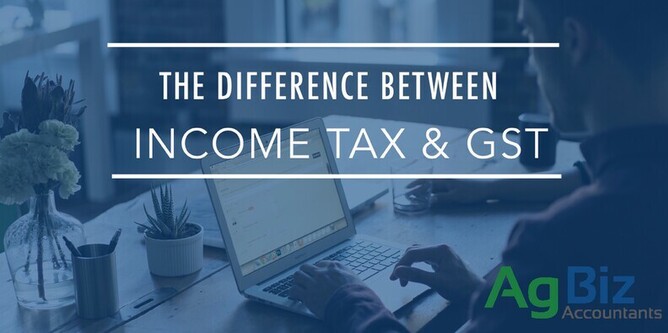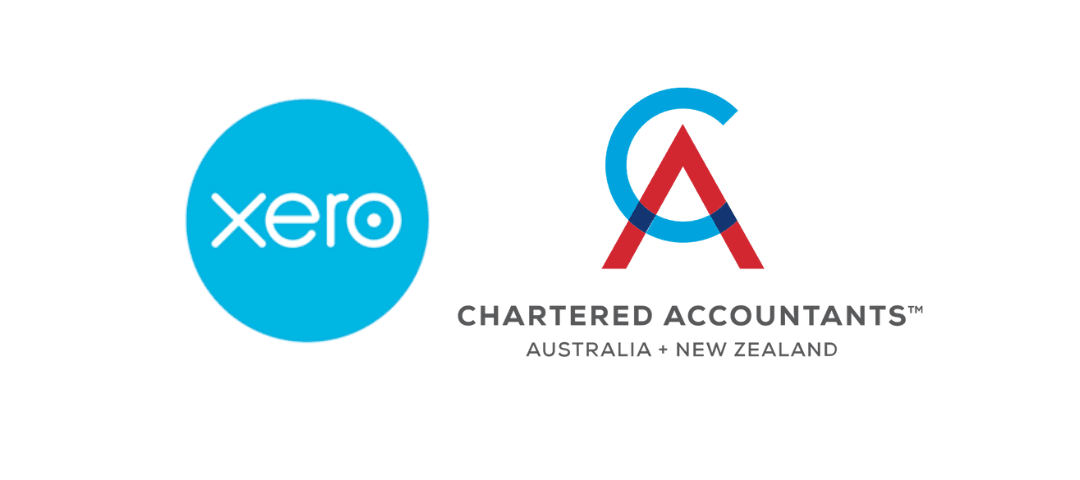What is the difference between GST and Income Tax?
Income tax is a tax on profit while GST is a tax on consumption. This article will explain the differences and basic compliance requirements of each.
1. Income Tax
Everyone who earns taxable income in New Zealand pays income tax. For employees, the employer deducts PAYE and pays the income tax to the IRD on the employee's behalf, while the employee receives a net wage or salary.
Business owners must file a tax return each year to the IRD declaring their profit. Income tax is then calculated as a percentage of the profit which is paid to the IRD. The percentage of tax paid depends on the business structure and we will cover different business structures and their tax rates and payment dates in a future article. Profit is calculated as sales (what you receive from your customers) less any business-related expenditure.
2. Goods and Services Tax (GST)
GST is calculated at 15% and is a tax on consumption (it is charged on goods and services). It is compulsory to register for GST if you carry out a taxable activity and:
- Turnover was $60,000 or more in the last 12 months or will be $60,000 or more in the next 12 months, or
- Prices include GST.
As soon as any of these criteria applies, GST registration is compulsory within 21 days, although you can voluntarily register if you don't meet the criteria above.
If a business is registered for GST it charges GST and pays this to the IRD on a regular basis as determined by the frequency of GST returns selected when registering. For example, if a business sells goods or services for $115, they collect GST of $15 and pay it to the IRD when filing their GST return. If a business pays for goods or service with GST included they can claim the GST back on those goods or services. At the end of the GST period the difference between what they have collected in GST and paid in GST is the net GST amount which will be payable or refundable from the IRD.
Other key differences between Income Tax and GST:
1. GST can be claimed on capital assets however these are not deductible for income tax. For example, if a business purchases a motor vehicle for $57,500 the GST of $7,500 can be claimed as a GST refund, however no deduction for the purchase price of the vehicle is allowed for income tax.
2. Financial expenditure such as interest on loans, and bank fees can be claimed as expenses for income tax but no GST is claimable on financial services. There is also no GST on interest and dividends received.
3. Some transactions such as land sales can have different outcomes depending on both the purchases and vendors GST status - for these transactions it depends on arrange of different factors which are applied on a case by case situation.
If you have any questions, please let us know by commenting below or give us a call today on 07 8234980
This material has been prepared for informational purposes only, and is not intended to provide, and should not be relied on for, tax, legal or accounting advice. You should consult your own tax, legal and accounting advisors before engaging in any transaction.



